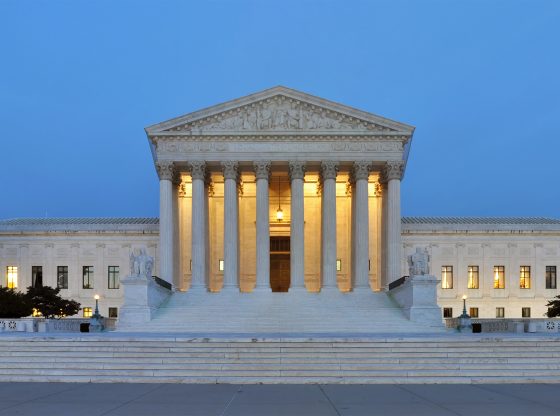This story is breaking and will be updated as more information becomes available.
On Monday, the Supreme Court released its opinion on Patel v. Garland.
Patel v. Garland involved a man from India who has lived in the U.S. for 30 years. The Justice Department found that he was ineligible for deportation relief because he once misrepresented his citizenship on a driver’s license form.
The upshot of the Supreme Court’s ruling: He and similarly situated individuals don’t get to appeal the DOJ’s finding in court.
In an immigration case, SCOTUS rules 5-4 that federal courts do NOT have jurisdiction to review certain executive-branch factual findings that determine whether non-citizens are eligible for "adjustment of status." Those findings can dictate whether a person is deported.
— SCOTUSblog (@SCOTUSblog) May 16, 2022
In a separate opinion, the Court sided with Texas Senator Ted Cruz in his challenge to a campaign finance law.
Here is the opinion from John Roberts in Federal Election Commission v. Cruz: https://t.co/zY66M9mtM5. The three liberal justices dissent.
This is the second and final opinion of the day.
— SCOTUSblog (@SCOTUSblog) May 16, 2022
Read the opinion below.
Cruz v FEC










